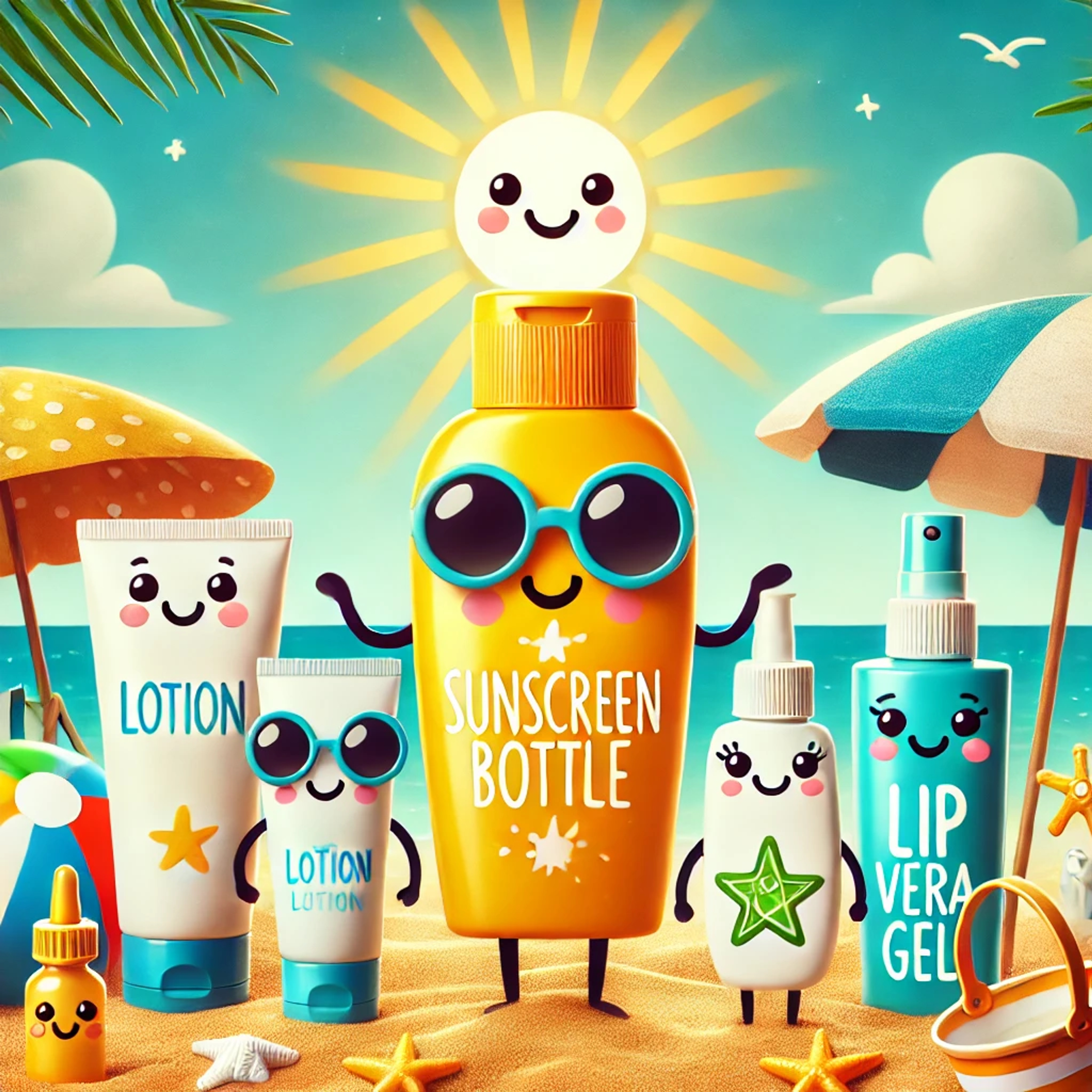7/9/2024
Essential Skincare Medications

Essential Skincare Medications for Your Cabinet: A Dermatologist's Guide
Understanding the importance of having the right medications on hand for both routine skincare and emergency situations. A well-stocked medicine cabinet can help address a variety of skin concerns effectively. Here are some essential generic prescription medications and over-the-counter options that I recommend for maintaining healthy skin and managing dermatologic emergencies.
Topical Corticosteroids
Topical corticosteroids are essential for managing inflammatory skin conditions. These medications reduce inflammation, itching, and redness. Different potencies are available for various severities of conditions:
- Triamcinolone Acetonide Cream (Medium Potency): Effective for conditions like eczema, dermatitis, and psoriasis. It helps reduce inflammation and itching.
- Clobetasol Propionate (High Potency): For severe inflammatory skin conditions such as psoriasis and lichen planus. Use sparingly and under medical supervision.
- Hydrocortisone Cream (Low Potency): Suitable for mild irritations and rashes. Available over-the-counter for quick relief.
Antibiotic Ointments
Antibiotic ointments are crucial for preventing bacterial infections in minor cuts, scrapes, and burns:
- Mupirocin Ointment: Highly effective against Staphylococcus aureus, including MRSA. Use for treating impetigo and minor skin infections.
- Bacitracin and Polymyxin B (Polysporin): Over-the-counter options for minor wound infections.
Antifungal Creams
Fungal infections can be persistent and uncomfortable. Having effective antifungal creams on hand can help:
- Clotrimazole Cream: Treats athlete's foot, jock itch, ringworm, and yeast infections.
- Ketoconazole Cream: Useful for treating more resistant fungal infections and seborrheic dermatitis.
- Terbinafine Cream: Effective for tinea infections (ringworm) and onychomycosis (fungal nail infections).
Retinoids
Retinoids are vitamin A derivatives that promote cell turnover and improve skin texture. They are effective for both acne and anti-aging:
- Tretinoin Cream: Reduces acne lesions, smoothens skin texture, and diminishes fine lines and wrinkles.
- Adapalene Gel: A milder alternative for acne treatment, available over-the-counter.
Antiviral Creams
Antiviral creams are essential for managing viral skin infections such as cold sores:
- Acyclovir Cream: Reduces the duration and severity of cold sore outbreaks when applied at the first sign of symptoms.
- Penciclovir Cream: Another effective option for herpes simplex infections, offering faster relief and healing.
Moisturizers and Emollients
Maintaining skin hydration and barrier function is critical for overall skin health:
- Ceramide-Containing Moisturizers (e.g., generic CeraVe): Essential for maintaining the skin barrier and keeping skin hydrated, especially for dry or sensitive skin.
- Urea Creams: Effective for treating extremely dry, rough, and thickened skin conditions like ichthyosis and hyperkeratosis.
Sunscreens
Daily sun protection is crucial for preventing skin cancer and premature aging:
- Broad-Spectrum Sunscreen (SPF 30+): Look for formulations containing zinc oxide or titanium dioxide for effective protection against both UVA and UVB rays. Regular application is essential for preventing sunburn and skin cancer.
Antihistamines
Oral antihistamines can alleviate itching and discomfort from allergic reactions or itchy skin conditions:
- Cetirizine (Generic Zyrtec): Non-drowsy option for managing allergic reactions, hives, and other itchy skin conditions.
- Diphenhydramine (Benadryl): Useful for more severe allergic reactions, though it may cause drowsiness.
Hydrocortisone Cream
Over-the-counter hydrocortisone cream is a versatile option for managing minor skin irritations and rashes:
- Hydrocortisone Cream 1%: Provides quick relief for mild irritations, insect bites, and contact dermatitis. Safe for short-term use.
Barrier Repair Creams
Restoring and maintaining the skin barrier is crucial for conditions like eczema:
- Niacinamide and Ceramide Creams: Enhance the skin's natural barrier, reduce inflammation, and prevent flare-ups in eczema-prone skin.
- Petrolatum-Based Ointments (e.g., Vaseline): Provide an occlusive layer to lock in moisture and protect the skin from irritants.
Additional Skincare Medications
Including a broader range of medications can further enhance your preparedness for various skin concerns:
- Calamine Lotion: Soothes itching and irritation from insect bites, poison ivy, and chickenpox.
- Salicylic Acid Creams: Useful for treating acne, warts, and psoriasis by promoting exfoliation and reducing inflammation.
- Tacrolimus and Pimecrolimus (Topical Calcineurin Inhibitors): Non-steroidal options for treating eczema and reducing inflammation.
By stocking these essential medications and products, you can effectively manage both routine and emergency skin concerns. Ensuring that your skin stays healthy and well-maintained is crucial for overall well-being. Always consult with a healthcare provider or dermatologist before starting new treatments, especially for prescription medications.
Conclusion
Preparedness in skincare involves having the right medications and understanding their appropriate use. With these essentials in your skincare cabinet, you’ll be well-equipped to handle a wide range of dermatological issues, from minor irritations to more severe conditions. Remember, maintaining your skin’s health is an ongoing commitment that pays off with healthier, more resilient skin. Stay informed and stay prepared.
